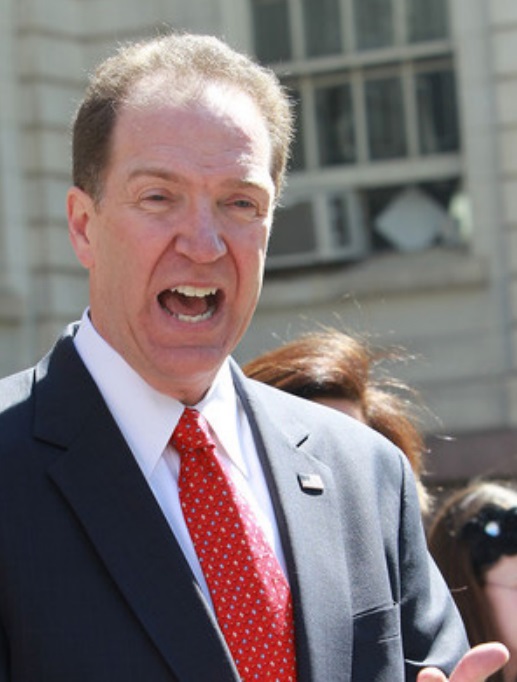 Cutting shortcuts
Cutting shortcuts
The Doing Business report was discontinued after an investigation by law firm WilmerHale at the behest of the World Bank board found that its data is manipulated.
The investigation revealed that current International Monetary Fund Managing Director Kristalina Georgieva, in her prior job as a top official at the World Bank, applied pressure to boost China’s position in a ranking of economies.
Georgieva in her previous job pressured staff to “make specific changes to China’s data points in an effort to increase its ranking at precisely the same time the country was expected to play a key role in the bank’s capital-increase campaign,” according to the report commissioned by the World Bank board that was released on Sept.23.
China’s position in the 2018 report, released in October 2017, should have been seven places lower — at No. 85 rather than remaining at 78 — the World Bank said in a review released in December.
But Daniel W. Drezner, a professor of international politics at the Fletcher School of Law and Diplomacy at Tufts University, says if the World Bank, an organisation that cares about its standing gets out of the business ranking game, others with less scruples will step in.
“There will always be a demand for these rankings from folks who like information shortcuts,” he said in an article in the Washington Post on Sept.22, “They are not going to go away simply because some organisations choose to sit on the sidelines.”
He said scholarship by respected researchers demonstrates that states care a surprising amount about how they are ranked and rated by, say, the Organization for Economic Cooperation and Development on education, the U.N. Development Program on human development, Transparency International on corruption, and so forth.
“Nor is this interest limited to national governments, as anyone familiar with how universities treat the U.S. News and World Report rankings on higher education can tell you,” he said.
But he said, it is remarkable that institutions possessing modest capabilities can affect powerful states with something as simple as a ranking schema.
He said other scholars have pointed out the dark side of such ranking exercises.
Governments will try to game the system so as to make it appear that there has been improvement in, say, combating corruption, when all that is really happening is a box-checking exercise. Even more disturbing is if those doing the rankings find themselves altering the results in response to external political pressure.
The scandal over the World Bank rankings came at almost the same time as the Rand Merchant Bank (RMB) of South Africa was releasing its “Where to Invest in Africa 2021” report which assesses each African economy’s investment potential.
The report positions Egypt as the continent’s top investment destination with Morocco following and South Africa in third place. Based on their operating environments, other high-scoring countries were shown to have moved up the rankings. They included, notably, Rwanda and Botswana.
The top 10 countries ranked in order of investment attractiveness were Egypt, Morocco, South Africa,Rwanda, Botswana, Ghana, Mauritius, Côte d’Ivoire, Kenya, and Tanzania.
****
 The Independent Uganda: You get the Truth we Pay the Price
The Independent Uganda: You get the Truth we Pay the Price



As the NUP spokesperson, dictator M7 is responsible for this state of events in the World Bank and Washington DC. That is why we as NUP recommend that the next President of the World Bank should be Fred Nyanzi Ssentamu.